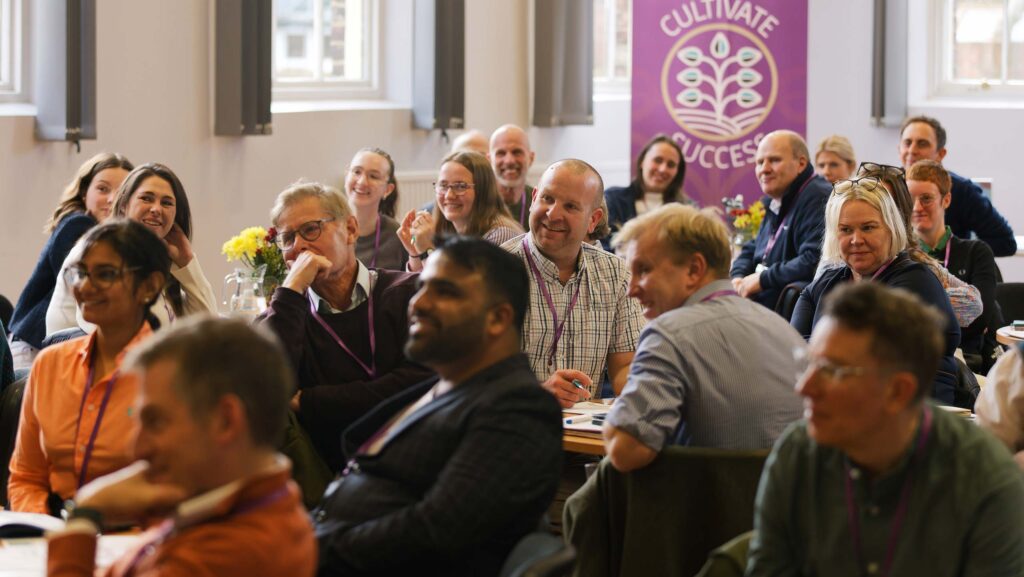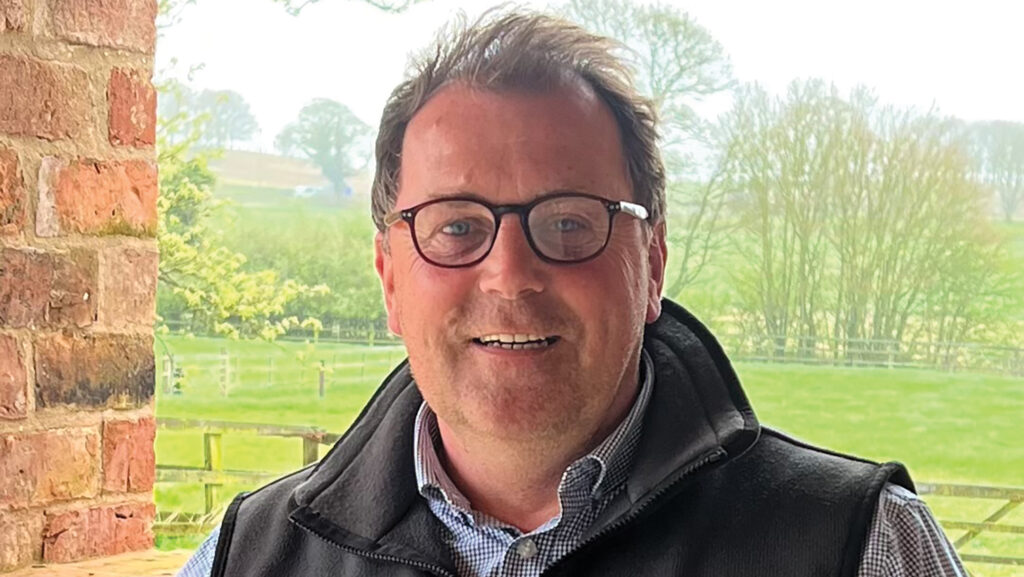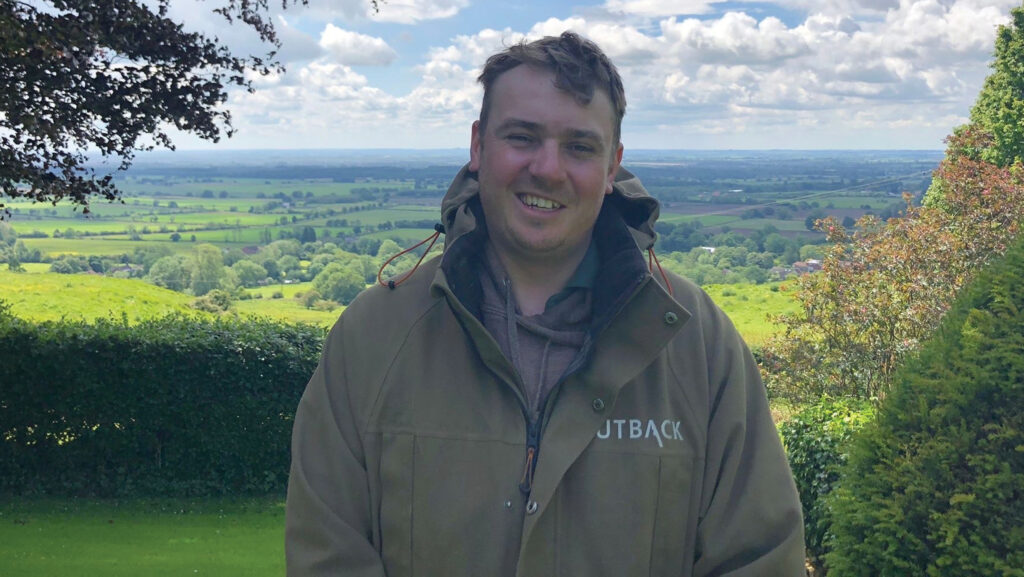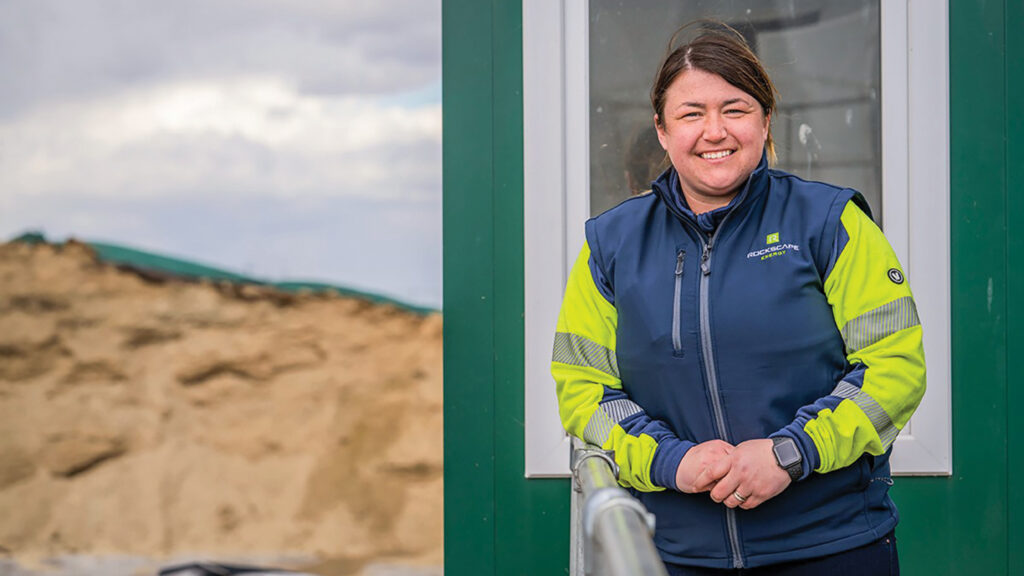How agricultural mentoring can benefit farm businesses
 Cultivate Success York. Supplied by McFade DxO
Cultivate Success York. Supplied by McFade DxO Amid the many challenges facing the farming industry, mentoring initiative Cultivate Success is empowering individuals with a six-month programme that aims to build resilience, foster leadership, and strengthen community spirit.
“Mentoring is essential as it builds confidence, offering a support system that helps individuals navigate challenges,” says Helen Wyman, who launched the scheme in 2023 after her Nuffield Scholarship into the subject.
“It ensures the transfer of valuable knowledge across generations, promoting the adoption of innovative practices and bridging gaps between traditional and modern solutions.”
See more: How these young farmers got their farming jobs
Using in-house software, Cultivate Success matches mentees with mentors based on personality types, goals and specialities, and supports the relationships throughout.
Farmers Weekly spoke to two mentors and one mentee to find out what they have gained from the initiative.
Paul Barnes (mentor) – ‘offering support to the next generation’

Paul Barnes © Paul Barnes
Paul Barnes, 49, is the estate manager at the South Ormsby Estate in Lincolnshire. With his roots in a mixed family farm, he brought a lifelong passion for agriculture and a wealth of experience to his mentor role through the Cultivate Success scheme.
“The industry has changed so much over the years, and being able to give back some knowledge, experience, and guidance to the future generations of workers and managers was a key decision for me,” he explains.
Reflecting on his own career, Paul recalls being complimented on his work and realised how important that was for his progression.
This inspired him to mentor others, sharing the attention to detail, open-mindedness, and willingness to learn that have shaped his own success.
“It’s about giving opportunities and support to a wide range of people, whether they’re just starting out or have been in the industry for some time,” Paul says.
During the mentoring process, Paul offered a blend of technical expertise and soft skills.
“I like to think I have the time to listen and help my mentees become more confident in their decisions,” he says.
This includes problem-solving, career guidance, and communication skills.
Navigating changes
With the agricultural sector facing numerous challenges, from shifting government policies to climate change, Paul’s mentorship focuses on helping mentees navigate these changes.
“I help them stand back, look at challenges from a broader perspective, and make informed decisions,” he explains.
For Paul, the most important qualities in a successful mentor-mentee relationship are trust, open communication, commitment, empathy, and clear goal-setting.
He believes that flexibility and adaptability are key and that both mentor and mentee should be willing to adjust their approach as needed.
“Regular check-ins, setting clear goals, and offering practical advice are crucial for success,” he says.
Ed Brant (mentee) – ‘a route to self-improvement’

Ed Brant © Ed Brant
Growing up on the family farm in the Lincolnshire Wolds, Ed, 29, was always involved with the business, spending holidays and free time helping with farming tasks.
After university, he joined Signet as a breed consultant, where he helped recruit breeders and understand evaluations.
In 2022, Ed returned to the family farm, to expand their two pedigree flocks, including Lleyn and Hampshire Down sheep, as part of their mixed arable, beef and sheep enterprise.
Ed’s decision to join the mentoring scheme was driven by his eagerness to keep learning and enhancing his skills.
“It was a great opportunity to learn from local people who have achieved a lot in the industry,” he explains, having spent five months as a mentee with James Thompson in Lincolnshire.
He sees the mentoring relationship as a way to test ideas, improve any weaknesses, and gain fresh perspectives.
Ed also sees mentoring as crucial in agriculture, where opportunities for professional development are often limited, especially on family farms.
“Agriculture can be quite fragmented, and there aren’t many chances to learn from others in the industry,” he says.
Right skill sets
As agriculture evolves due to changes in climate, economics, and people, it is essential for farmers to have the right skills to face challenges and seize opportunities, says Ed.
His own aspirations include running a financially sustainable family farm while balancing the ambitions of everyone involved.
In particular, he wants to grow the family’s ram breeding enterprise, focusing on improving traits like carcass weight, parasite resistance, and lamb survival.
Through mentorship, Ed sought to improve his business skills, time management, goal-setting, and succession planning.
“It’s about improving the way you think and applying that to future situations,” he says.
Looking back on his mentoring experience, Ed has been inspired by the knowledge and guidance he received and is now committed to giving back.
“I hope to return the positive experience by mentoring someone in the future,” he says.
Carrie Dodge (mentor) – ‘an opportunity for both parties to grow’

Carrie Dodge © Carrie Dodge
Although Carrie’s career started outside agriculture, in 2020, she began working as an Operator at an anaerobic digestion plant and eventually progressed to her current role as business manager at Rockscape Energy in Crowle, North Lincolnshire.
Carrie’s motivation to become a mentor stemmed from her deep commitment to supporting others, a trait she had carried from her teaching days.
“During my time in teaching, I always went above and beyond for my students’ welfare, and this mentality hasn’t changed now in my role at Rockscape,” she explains.
She sees mentoring as an opportunity not only to support someone else, but also to learn and grow herself.
“A mentoring scheme in any industry is vital, but in agriculture, it is necessary to help retain and support our farmers and agricultural workers,” Carrie says.
She believes the programme could help individuals understand different aspects of the business, drawing on diverse experiences and offering a valuable support network.
Carrie hopes to help her mentee develop positively and achieve lasting success.
Leadership
With her background in leadership, both in business and as a sports coach, she feels equipped to offer skills in adaptability, diversification, and work-life balance.
“I’ve learned the importance of prioritising and structuring a strong work-life balance, and I want to share this knowledge,” Carrie says.
Key to a successful mentor-mentee relationship, she believes, is trust, respect, and open communication.
“I think the relationship needs to be built on honesty and understanding, with both parties feeling comfortable to communicate freely,” she says.
Carrie also sees her mentoring role as a way to inspire others, particularly women, to consider a career in agriculture.
“I want to be a role model to women in the industry and encourage more females to pursue agriculture,” she says, emphasising the importance of providing support and guidance to the next generation of agricultural workers.
More information
Signing up to the Cultivate Success programme currently costs £390 for mentees, and is free for mentors. To find out more, visit the Cultivate Success website.
